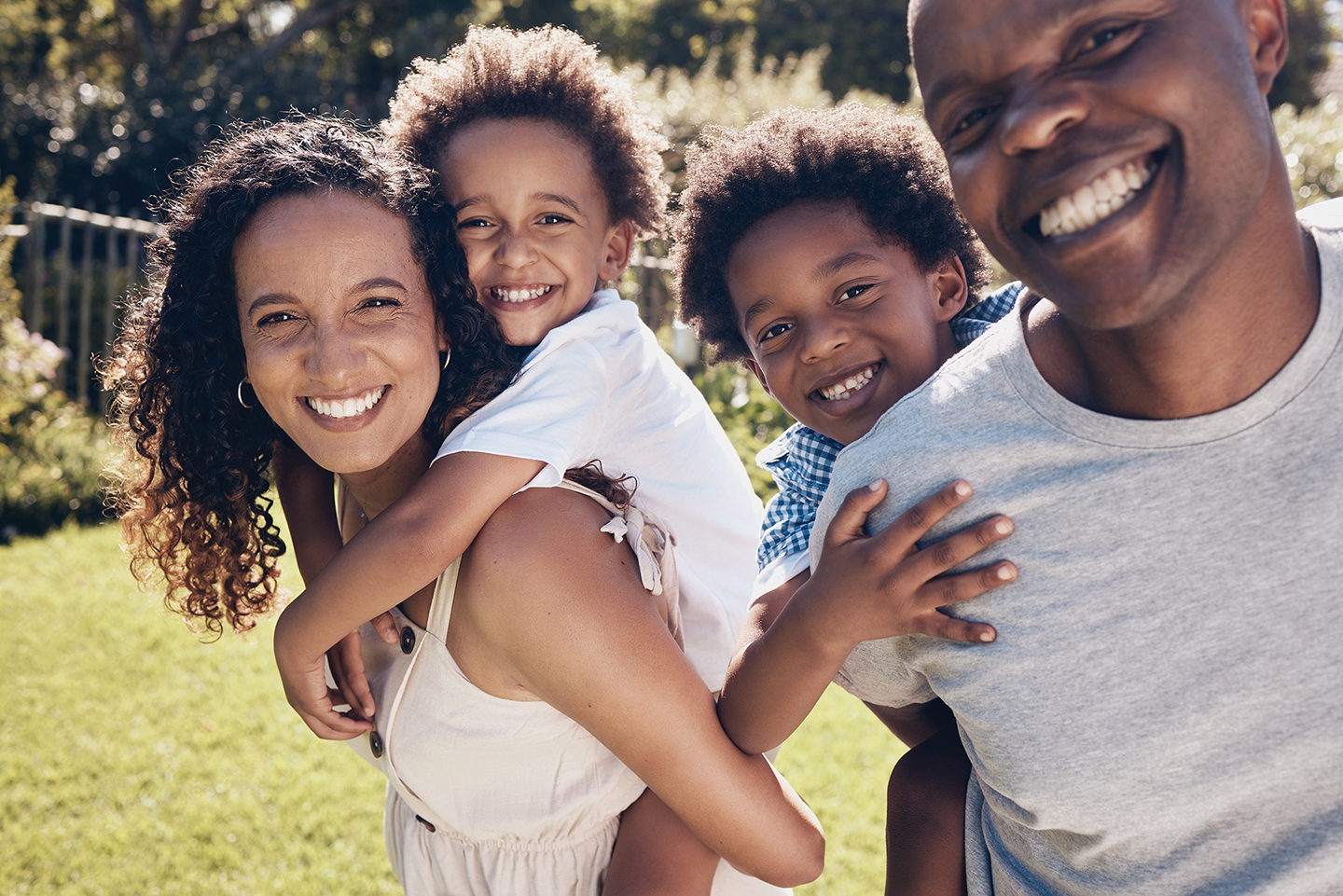Discover the key to making it through the years by bringing more joy into your parenting. Laughter is best for growing kids because life can be tough. Whether you are feeling anxious about current affairs or dealing with a health issue, something as simple as laughter — believe it or not — can be the antidote to your woes. The truth is, laughter is best for raising kids.
As parents, we can tend to get bogged down with our to-do lists and stresses of daily life and forget how beautiful it is to let loose and have a good laugh. Parents can even fight laughter off in the face of something wildly inappropriate that a child does — but why not laugh when the impulse is there? Unfortunately, most parents do not laugh enough. In fact, one study found that healthy children may laugh as much as 400 times per day, but adults only 15 times per day.
If we stop for a moment and observe our kids, they are probably laughing and playing freely without the weight of the world on their shoulders. Parents can learn so much from kids when it comes to being lighthearted; it’s important that you raise kids in such a way that they will continue to experience fun and laughter throughout their lives. You can create a positive environment for them to grow up in by stopping once in a while to find the humor is a situation and have a laugh together.

How Laughter Is Best for Raising Kids
Science shows us that laughter really is like medicine. According to the Mayo Clinic, laughing is one of the easiest ways for us to reduce stress and anxiety in our lives. Laughing transforms the body and mind by boosting happiness, peace and humor. When you laugh, the ventromedial prefrontal cortex of the brain is activated. This releases endorphins that allow you to experience pleasure and satisfaction. Laughing also reduces stress responses because the level of stress hormones (like cortisol, epinephrine (adrenaline) and dopamine are lowered). Because you take in more oxygen-rich air while laughing, you feel better. Finally, laughing relaxes muscles, which soothes tension from stress. In fact, a good laugh can leave your muscles relaxed for up to 45 minutes.
One particular research study related to how laughter is best for raising kids involved having participants hold a pencil in one of three ways in order to get them to make certain facial expressions without telling them exactly what they were doing:
— Group A held the pencil sideways in their mouths to force a smile.
— The second group stuck the pencil in lengthwise to force a frown.
— Finally, the last group (the control group), held the pencil in their hands.
Participants were then asked to watch cartoons and rate how funny they thought they were. Group A — with the sideways pencils (the “smiling” group) had higher “funny ratings” than the lengthwise group (the “frowning” group). The control group scored between the other two groups. This study showed how smiling and laughing can really make a difference in the perception of the world. It’s hard to feel negatively when you are cracking up! It also gives you a more lighthearted perspective when faced with challenges, and helps you view events as positive opportunities as opposed to threats.
Laughter Makes Kids Feel Like Things Are Possible
Next, laughter builds resilience, the ability to adapt well to adversity, trauma, tragedy, threats, or even significant sources of stress. When children are resilient, they are braver, more curious, more adaptable and more able to obtain happiness and success. Additionally, resilience can help cushion your child from mental health conditions like anxiety and depression because it improves their ability to cope. Laughter plays a huge role in how children may handle adversity by allowing them to escape from their problems for a little while. By teaching your kids to laugh — even in times of difficulty — you give them a key tool that will help them be more resilient as they grow up.
Laughing with your kids is special because it strengthens your bond. Joyous moments create a more uplifting environment at home. What’s really fun is that laughter tends to be contagious; with a slight adjustment to the less serious, your whole household can be lighter. Finally, the best part of laughing is that it’s completely free and always accessible.
10 Ideas to Get Your Family Rolling on the Floor
- Start a laughing contest to see who can make the other person laugh first.
- Play fun games like charades, Twister, Pictionary and Headbanz.
- Read joke books and websites, and then share your favorites with each other.
- Create funny stories using Mad Libs or whisper down the lane.Have a family talent show and see who comes up with the funniest routine.
- Dress up in silly costumes.
- Watch a comedy show or movie together as a family.
- Talk in a silly language like pig Latin.
- Keep a collection of funny quotes and pictures that you can bring out at anytime to get every one laughing.
- Try laughter yoga with your kids. Created by Dr. Madan Katari in 1995 in Bombay, India, this yoga practice combines breathing exercises, yoga, stretching and laughing.





